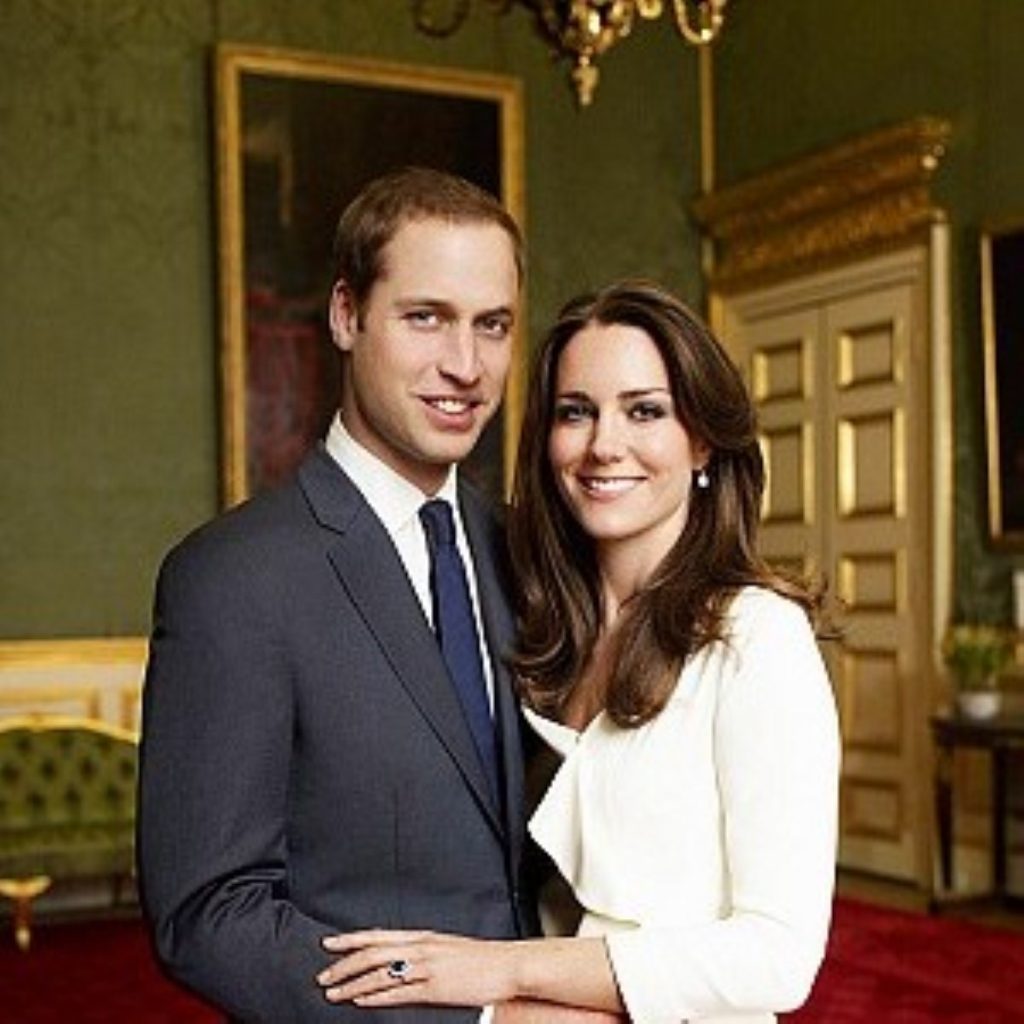Royal wedding: Cameron hostile to ‘interfering’ councils
Local authorities have been told not to “interfere” in royal wedding street parties by senior Conservative figures.
Coalition Tories led by the prime minister continued their hostile approach to meddling councils as the April 29th wedding of Prince William to Kate Middleton draws nearer.
Writing in the Sun, David Cameron said that he would be organising a party in Downing Street and that he wanted to see even more than the 4,000 already planned on the big day.


“To those councils that are asking small groups of neighbours for licenses, insurance and other bureaucracy my message is clear: don’t interfere, don’t get in the way, and don’t make problems where there are none. Let people get on and have fun,” he said.
“And my message to everyone who wants to have a street party is: I’m having one and I want you to go ahead and have one too.”
Some observers see the coalition’s stance on street party red tape as being linked to ministers’ wider hostility towards local government – especially Labour-run councils – who are imposing massive spending cuts as a result of the reduced grant from Whitehall.
Communities and local government secretary Eric Pickles, who has been at the vanguard of attempts to keep councils in their place, said he wanted to see the wedding used to “reinforce our shared identity and sense of Britishness”.
“Of course we want people to be safe and sound but common sense has to prevail and people should use their rights as citizens and challenge councils if red tape rules are being used against them,” he said.
Guidance published by Mr Pickles last summer made clear that organisers do not need insurance, a food license or purchasing expensive road signs.
Road closures do not require a fee, entertainment licenses are not needed, and there are no deadlines in law for requesting a road closure.
“Local authorities should support people’s plans for royal wedding street parties, rather than work against them,” transport secretary Philip Hammond said.
“There should be a strong presumption in favour of allowing road closures in residential areas where appropriate alternative routes for traffic are available.
“Councils should apply the lightest possible touch to administration and always think twice before charging fees. The wedding should be a great occasion for everyone across the country, let’s not let bureaucracy and form filling get in the way of a truly national celebration.”
Local authorities which have told party organisers they must hire a “traffic management company” to oversee road closures, or not permit “music, inflatables, rides or entertainment”, are being targeted by the coalition.









